Sleep Walk by Santo & Johnny (1959)
by Simone Amelia Jordan
view light version
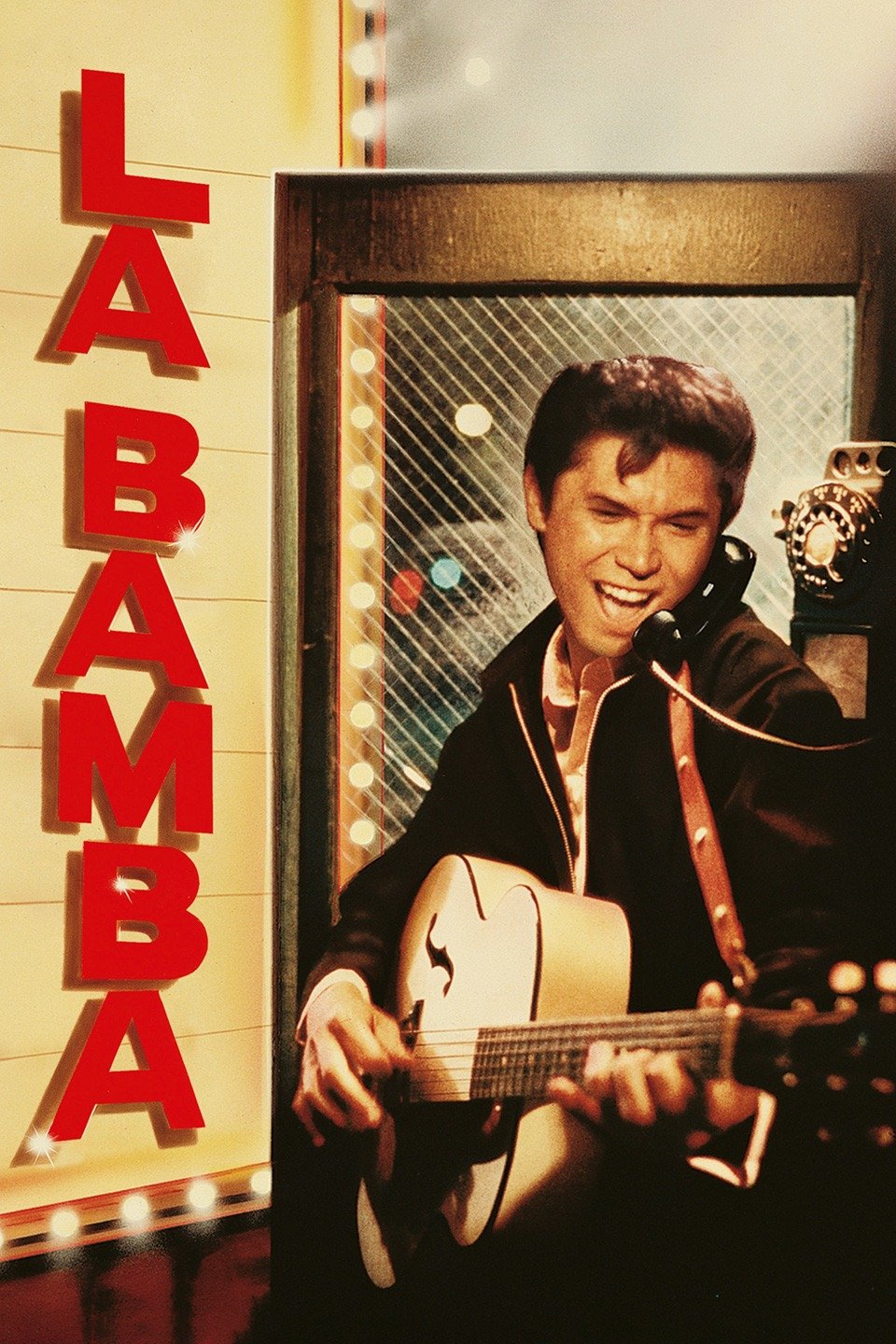
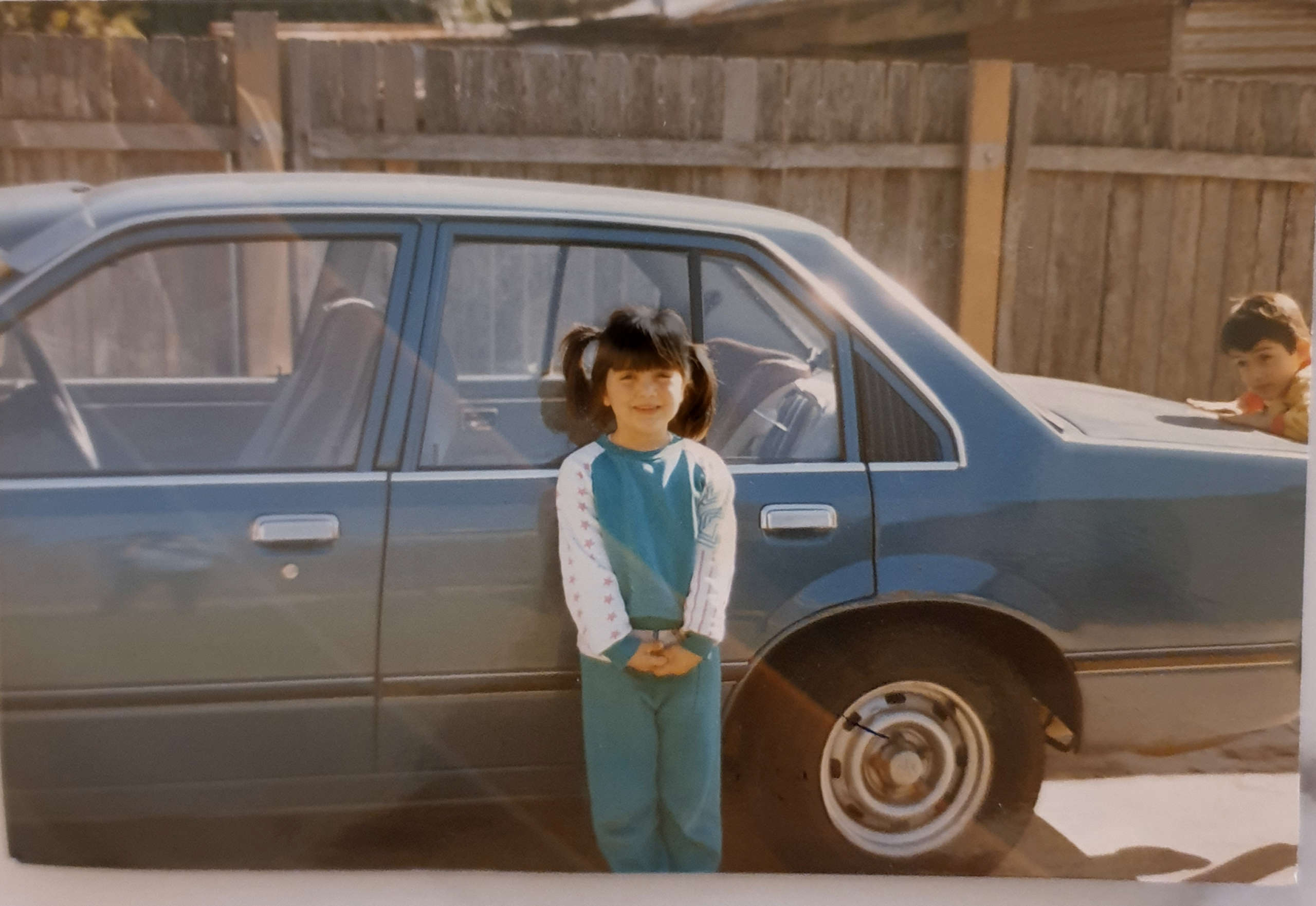
Only once did my father take me to the movies, towards the end of my parents’ marriage.
It was a chilly afternoon in late September 1987. My cousin Peter and I were playing in our grandmother’s time-worn lounge room in Summer Hill, inner-west Sydney, when my dad, George, popped his curly head in and randomly asked us in his thick Cypriot accent if we wanted to see La Bamba. It was our first time visiting the big screen, so our joy made up for the fact we had no clue (nor cared) about the film showing.
La Bamba is the rags to riches story of Ritchie Valens, a Mexican-American teenager who becomes an overnight rock ‘n’ roll star in the late 1950s. As his celebrity profile grows, Ritchie deals with his half-brother Bob’s insecurities plus his constant nightmares, shown in a recurring dream sequence, of a real-life plane crash at his high school that killed three students on the ground. Then, one mournful night in February 1959, Ritchie, 17, loses his own life in a plane crash while on tour, less than a year into his career. Clearly, a feel-good flick for youngsters.
We lived only 15 minutes outside the city’s CBD, but heading ‘into town’ was an adventure. I’d just turned seven; my cousin was six. So we eagerly jumped into dad’s blue Toyota Celica as he hopped into the driver’s seat, puffing away on his ever-present Benson & Hedges Classic Red cigarette (if he could have lit up inside the cinema, he would have). Peter and I both recall the car’s smoke-filled haze and tobacco scent, its overflowing ashtray, and the radio always set to 1017 AM with its horse-racing broadcasts and the F.A.I. Car Owner’s Mutual insurance ad jingle on repeat.
After finding parking and walking to the Hoyts multiplex on George Street, Dad settled us in with popcorn and Cokes. For almost two hours, our enthusiasm subsided when it clicked that every scene would lead to Ritchie’s tragic and premature ending. But nothing could have prepared us for the heavenly song used in Ritchie’s funeral montage, a tune that still makes Peter and I sentimental.
That song is “Sleep Walk”. Driven by a melancholic steel guitar, there are no words to identify with, simply chords to feel. Credited as the origin of the surf rock genre, the instrumental is a felicitous buttress for the film’s final scenes, where a black hearse joins a cavalcade of cars travelling down a sunny, palm tree-lined Los Angeles street towards Ritchie’s last resting place, the San Fernando Mission Cemetery. Even watching it as a child, the piece greatly moved me.
The tropical steel guitar that anchors “Sleep Walk” was historically associated with Hawaiian music (known as kīkākila) and country and blues. Yet, the song was crafted by two Italian-American musicians, Santo & Johnny Farina, whose father heard the instrument while serving in World War 2 and encouraged his sons to learn it by playing Hawaiian standards. Their commercial (read: white) look allowed them to break into the mainstream, performing on The Dick Clark Saturday Night Beechnut Show and reaching number one on the Billboard Charts. It was coincidentally released the same year Ritchie Valens died, earning the Farina brothers a gold record.
In our early 40s, my cousin and I will watch La Bamba from time to time. We continue to tear up when those lonely, nocturnal notes kick in. Perhaps for the grief and heartache of the Valens family, or maybe for our own. Peter has even told me he plays “Sleep Walk” to get shuteye some nights. The track has been featured in over 28 movies and recorded by over 100 artists. Author Stephen King said it inspired him to write his first screenplay, for the 1992 horror film Sleepwalkers.
Is there a more haunting tune? For me and numerous others, no. A quick scroll through YouTube comments reveals how “Sleep Walk” has impacted generations of pop culture fans. One user, Maximus Phillips, offered: “When our world ends, this will be playing in the final credits.”
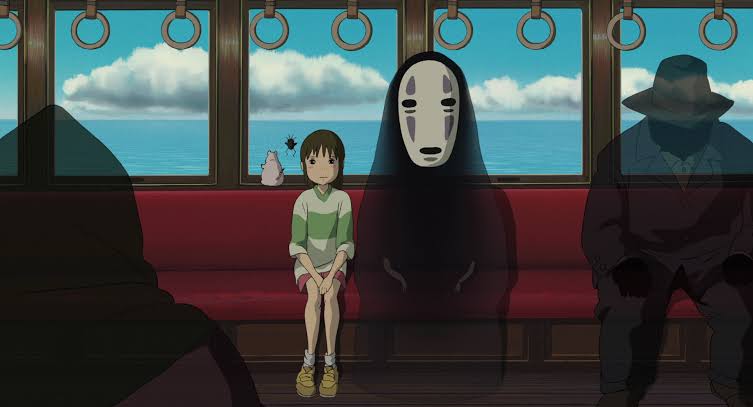
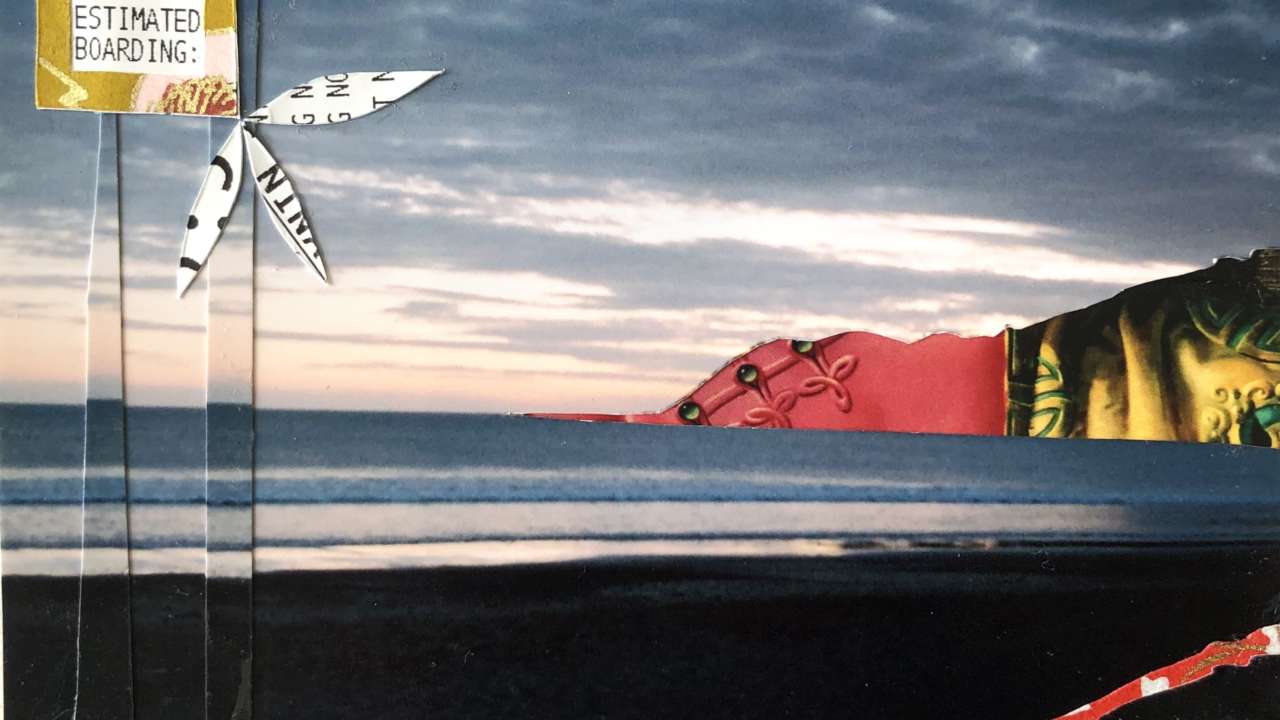
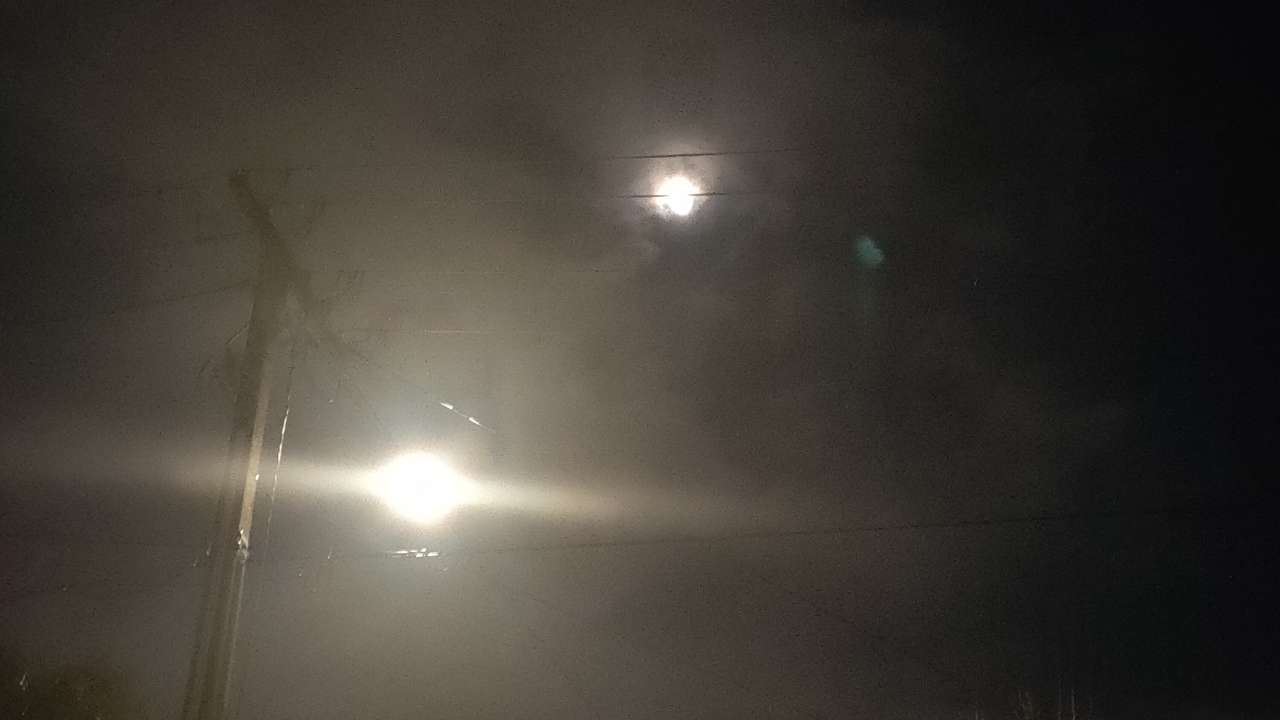

Subscribe to our email newsletter: